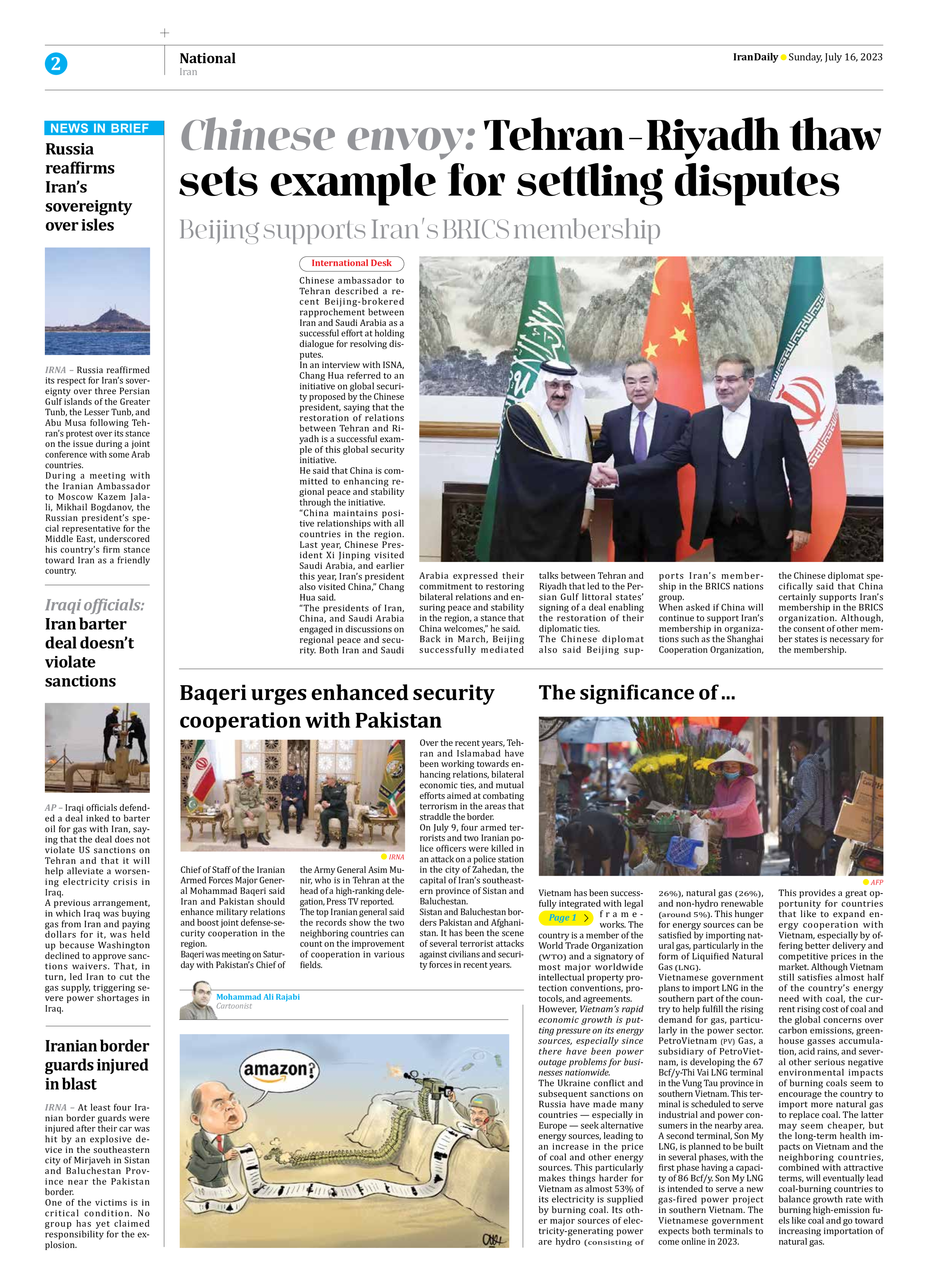
Copy in clipboard...
The significance of ...
Vietnam has been successfully integrated with legal frameworks. The country is a member of the World Trade Organization (WTO) and a signatory of most major worldwide intellectual property protection conventions, protocols, and agreements.
However, Vietnam’s rapid economic growth is putting pressure on its energy sources, especially since there have been power outage problems for businesses nationwide.
The Ukraine conflict and subsequent sanctions on Russia have made many countries — especially in Europe — seek alternative energy sources, leading to an increase in the price of coal and other energy sources. This particularly makes things harder for Vietnam as almost 53% of its electricity is supplied by burning coal. Its other major sources of electricity-generating power are hydro (consisting of 26%), natural gas (26%), and non-hydro renewable (around 5%). This hunger for energy sources can be satisfied by importing natural gas, particularly in the form of Liquified Natural Gas (LNG).
Vietnamese government plans to import LNG in the southern part of the country to help fulfill the rising demand for gas, particularly in the power sector. PetroVietnam (PV) Gas, a subsidiary of PetroVietnam, is developing the 67 Bcf/y-Thi Vai LNG terminal in the Vung Tau province in southern Vietnam. This terminal is scheduled to serve industrial and power consumers in the nearby area. A second terminal, Son My LNG, is planned to be built in several phases, with the first phase having a capacity of 86 Bcf/y. Son My LNG is intended to serve a new gas-fired power project in southern Vietnam. The Vietnamese government expects both terminals to come online in 2023.
This provides a great opportunity for countries that like to expand energy cooperation with Vietnam, especially by offering better delivery and competitive prices in the market. Although Vietnam still satisfies almost half of the country’s energy need with coal, the current rising cost of coal and the global concerns over carbon emissions, greenhouse gasses accumulation, acid rains, and several other serious negative environmental impacts of burning coals seem to encourage the country to import more natural gas to replace coal. The latter may seem cheaper, but the long-term health impacts on Vietnam and the neighboring countries, combined with attractive terms, will eventually lead coal-burning countries to balance growth rate with burning high-emission fuels like coal and go toward increasing importation of natural gas.







